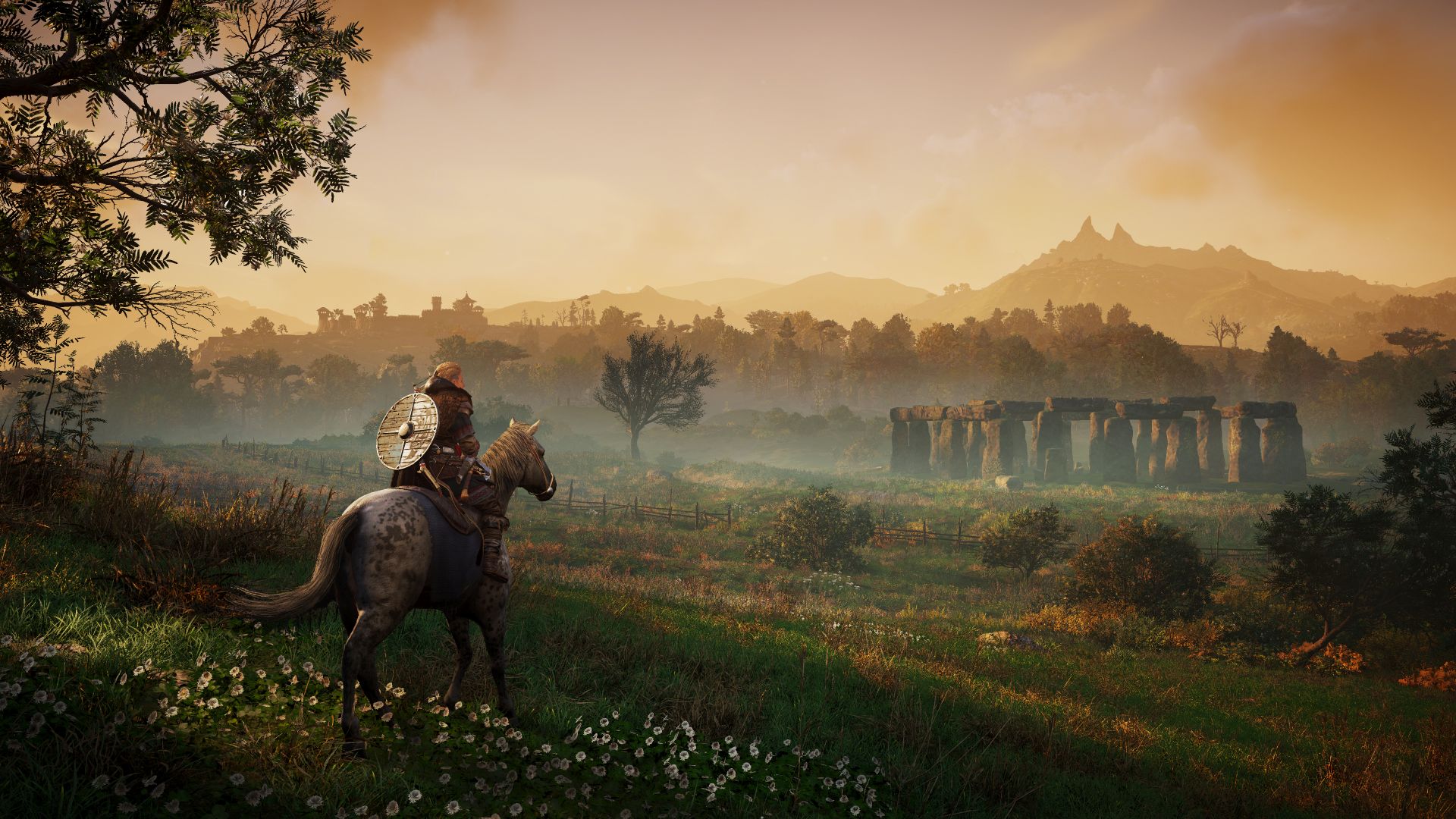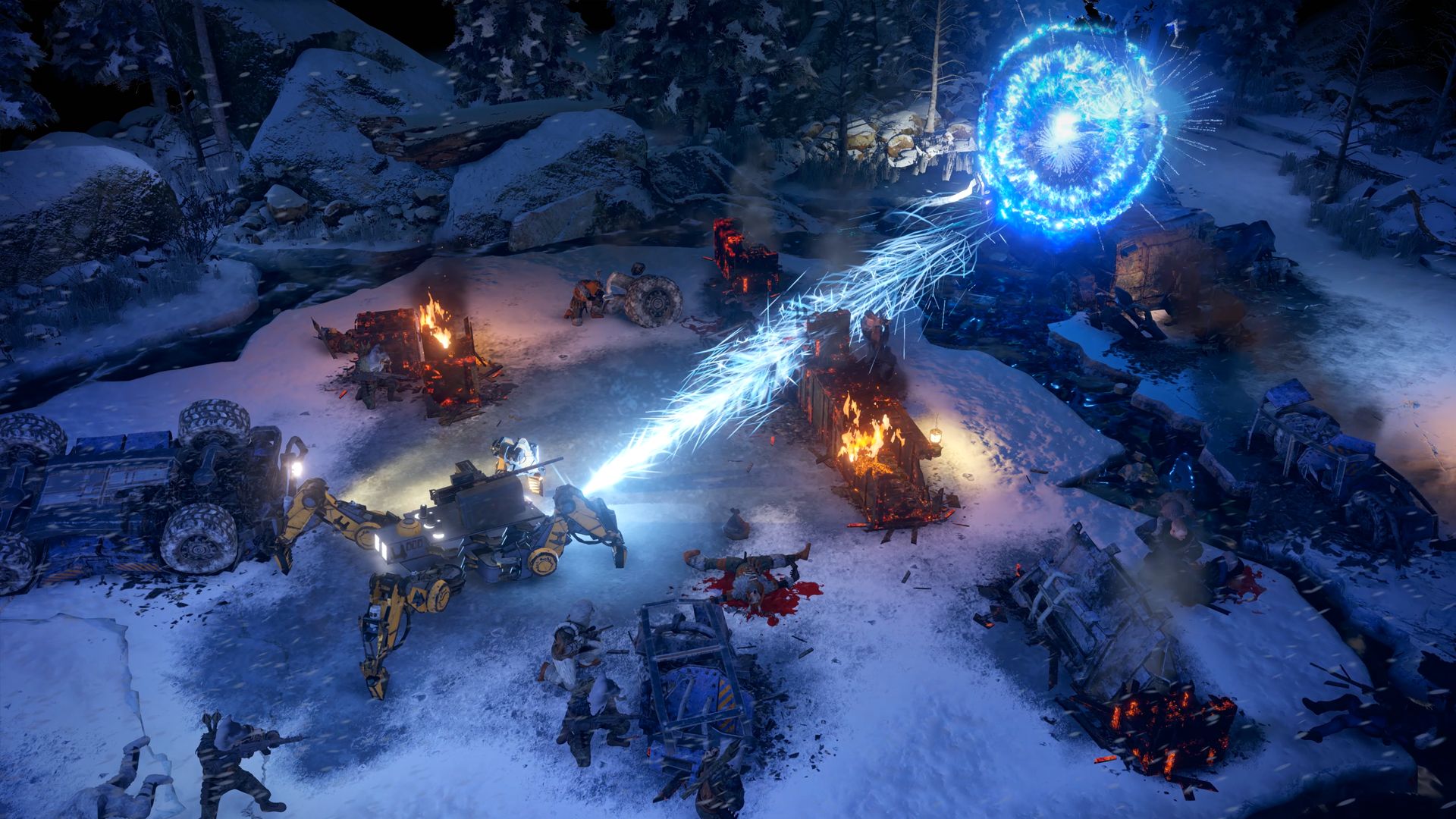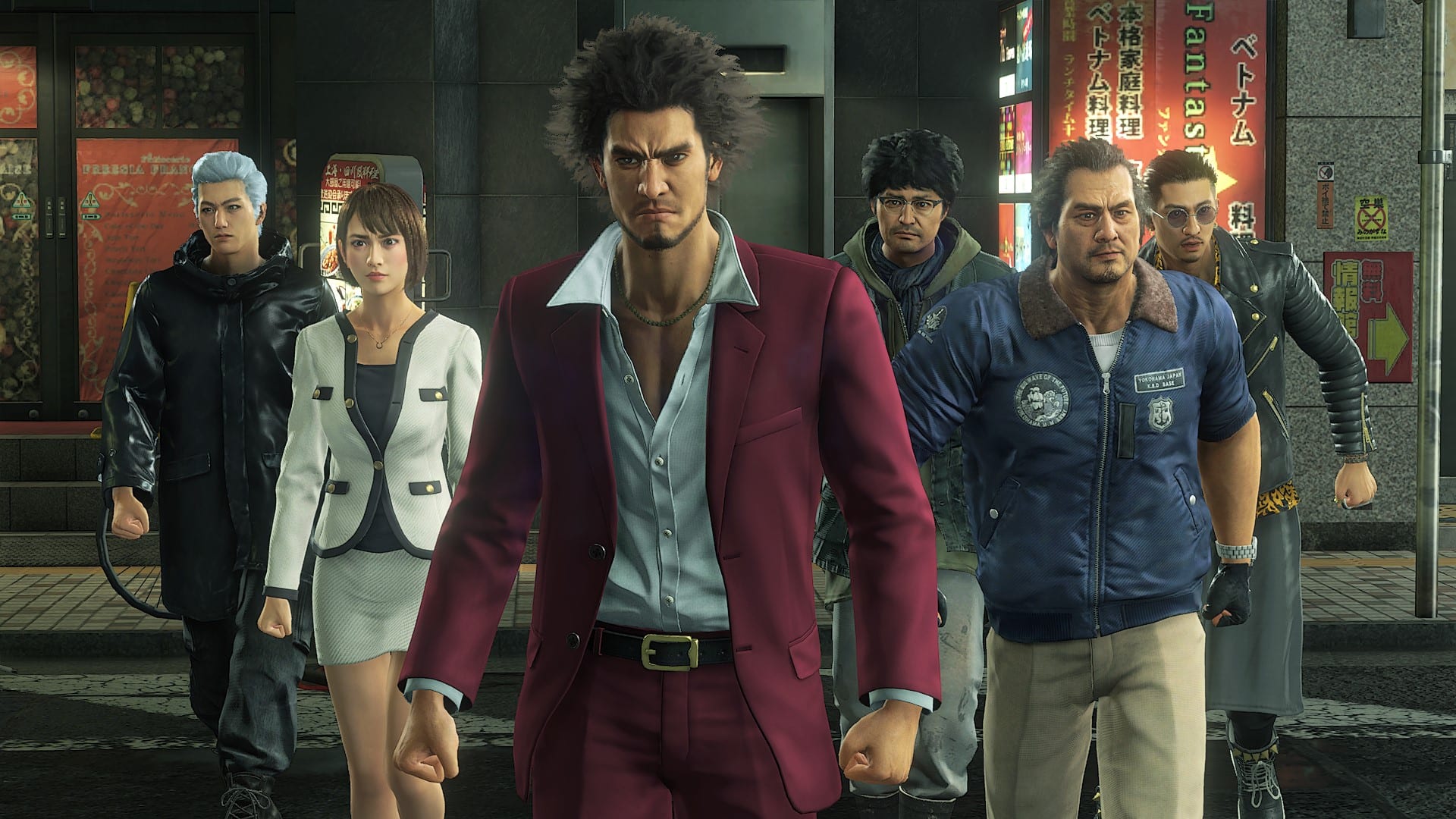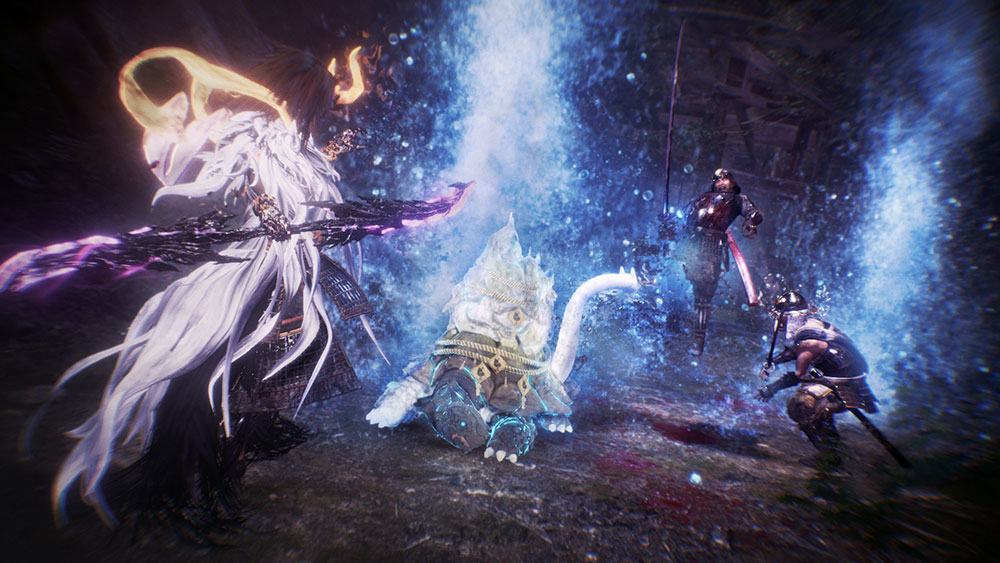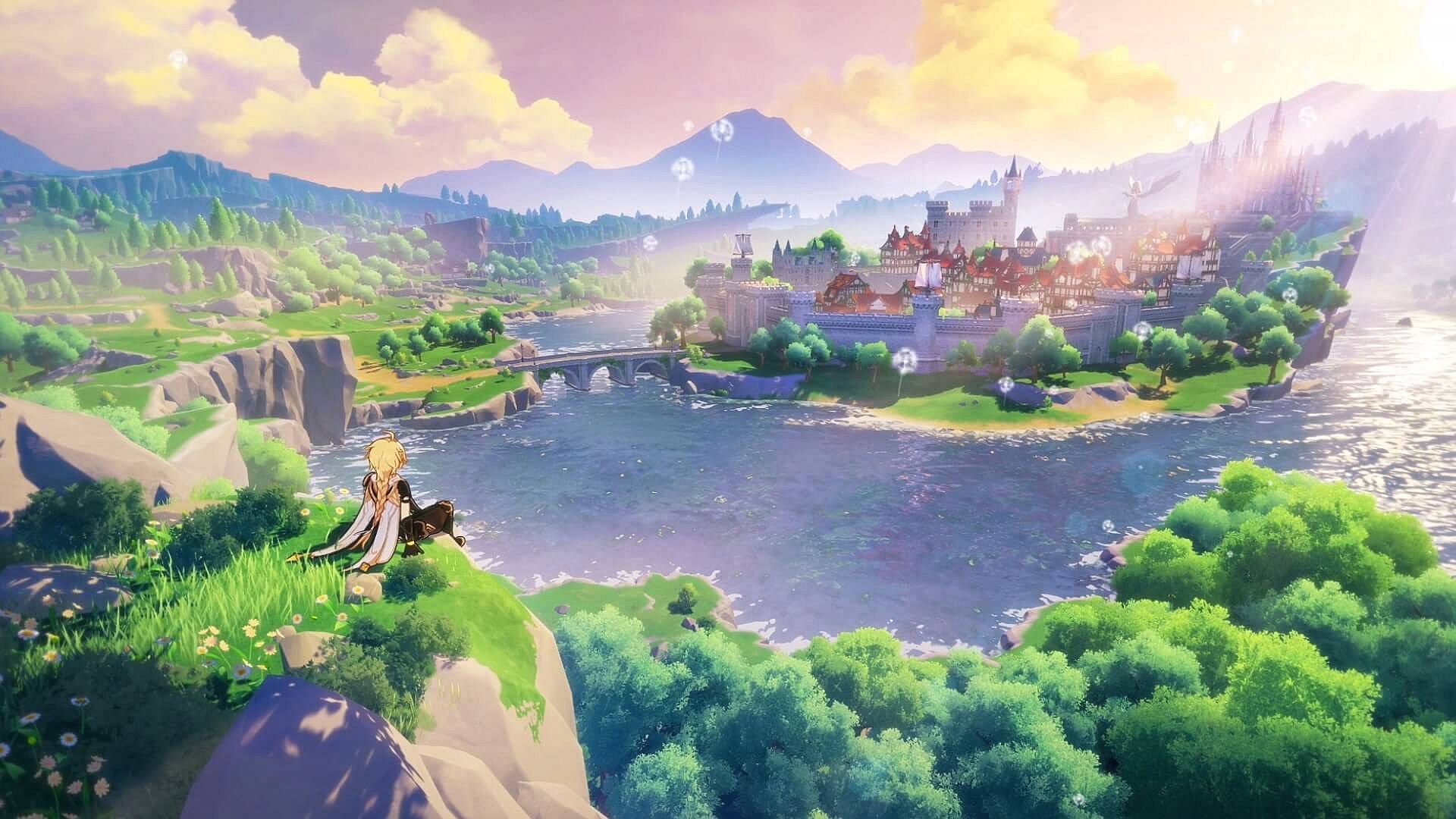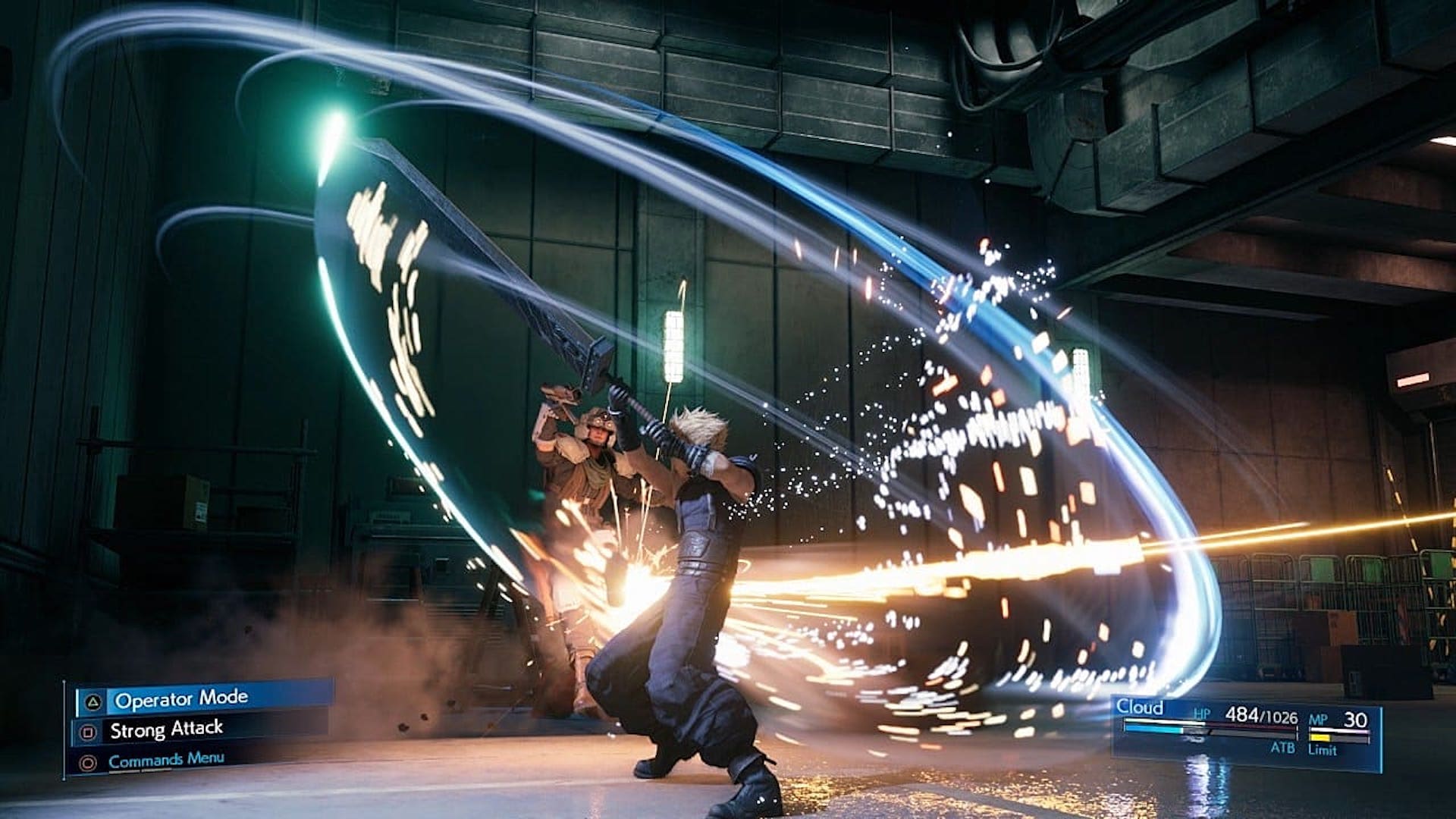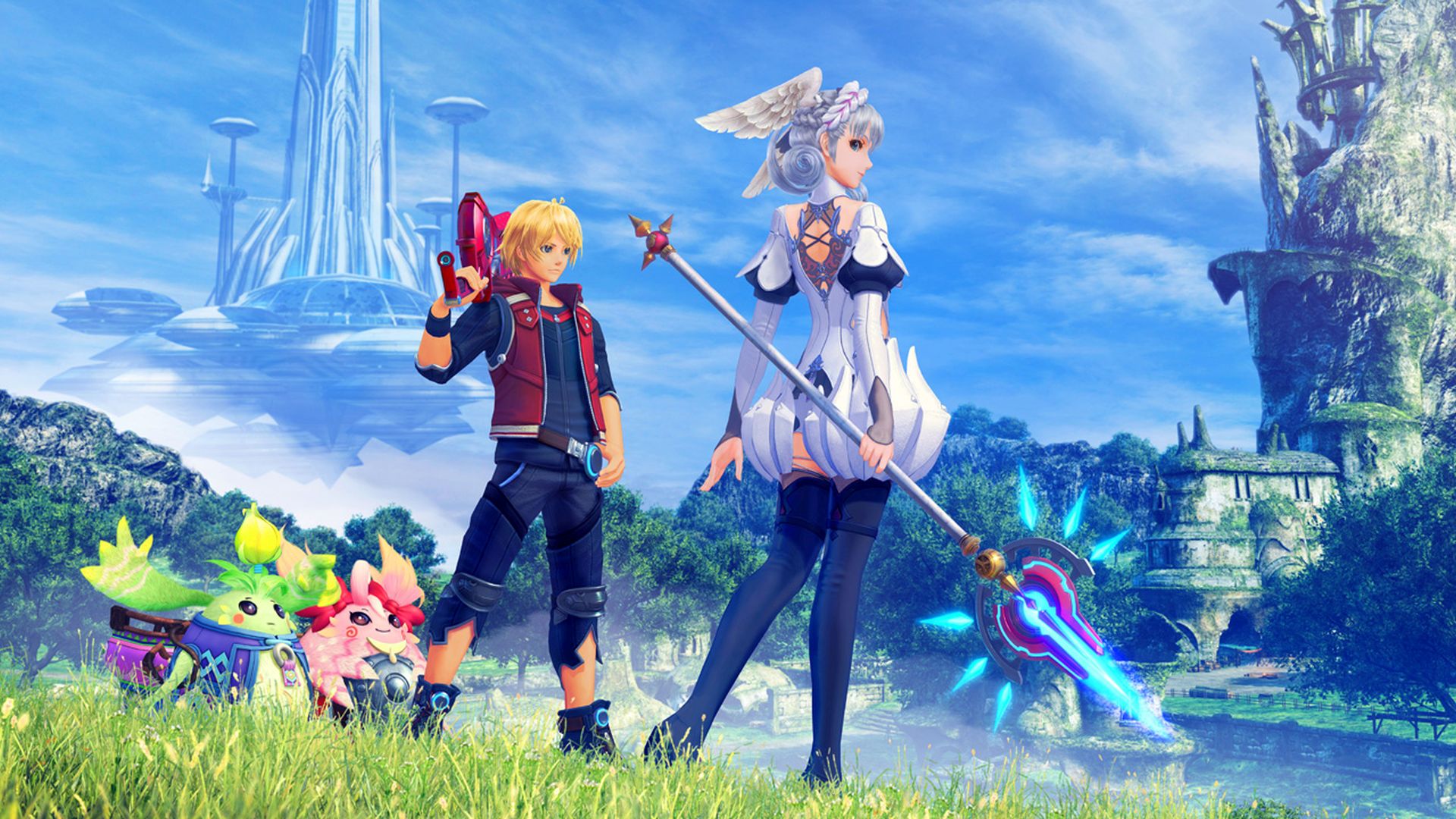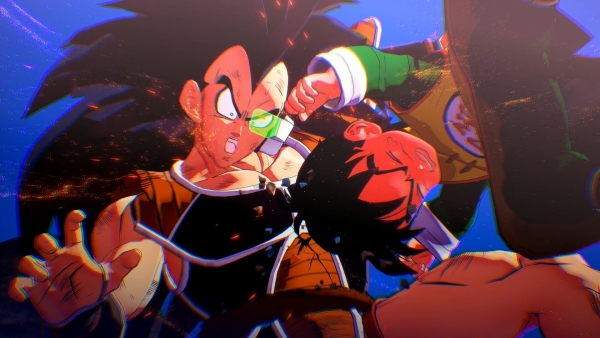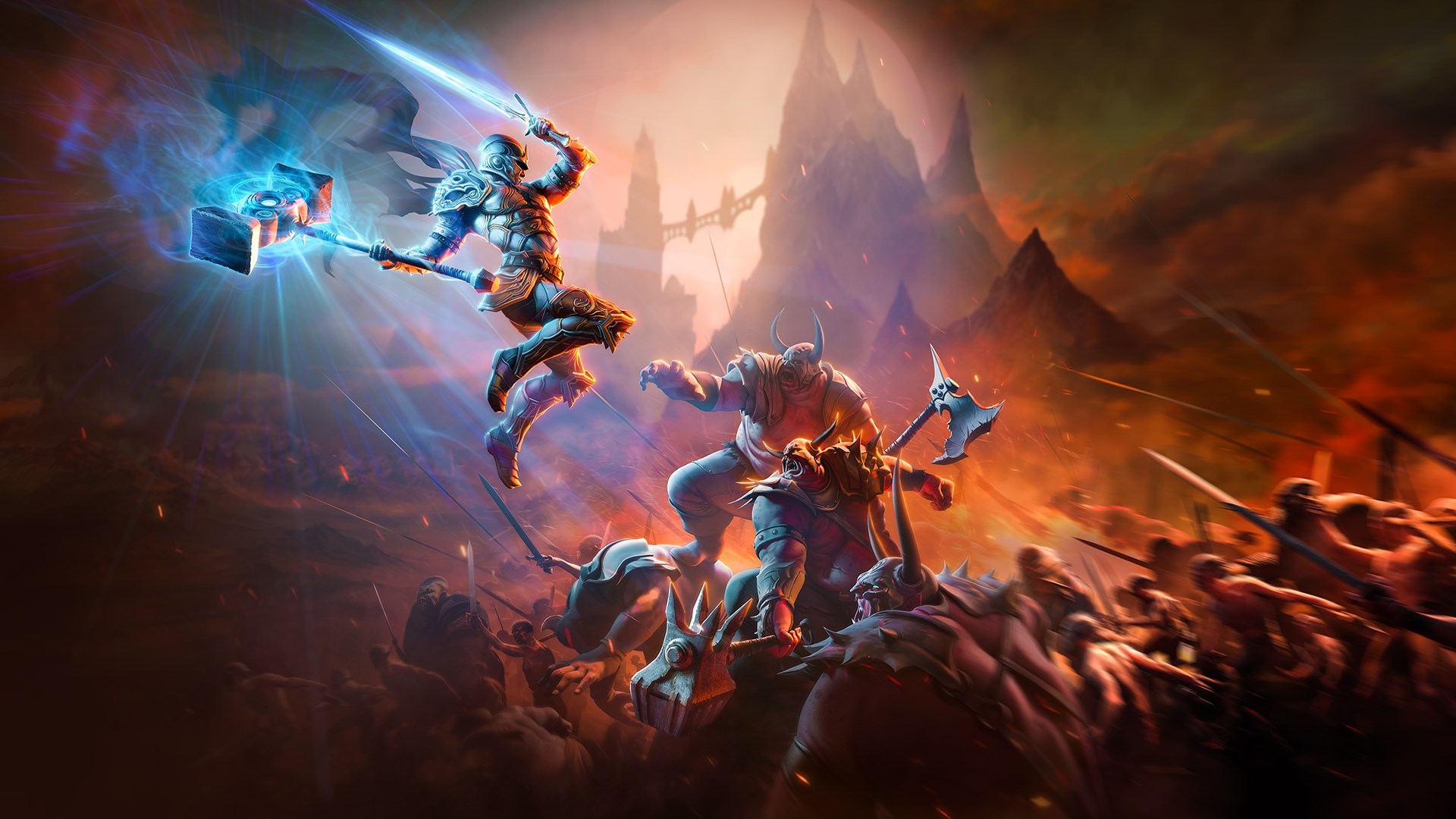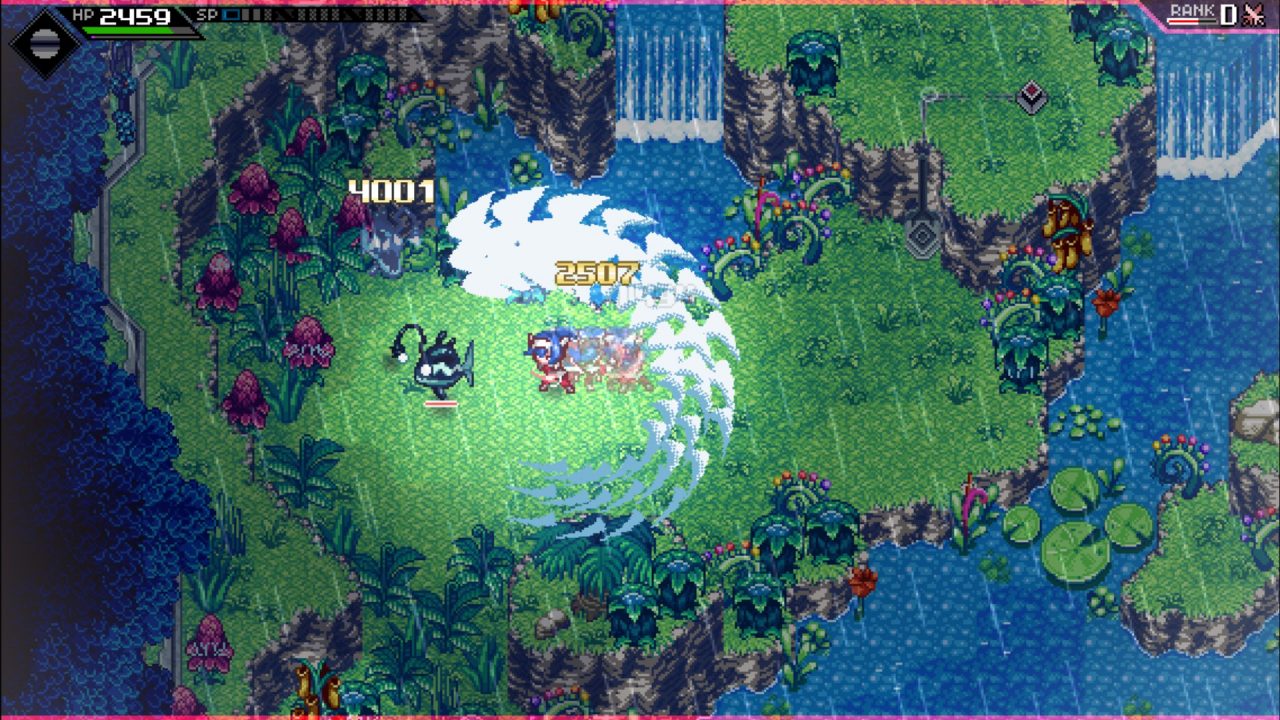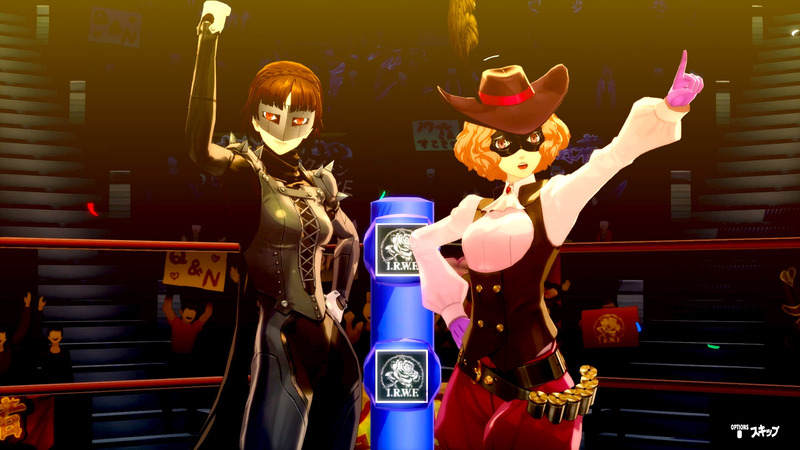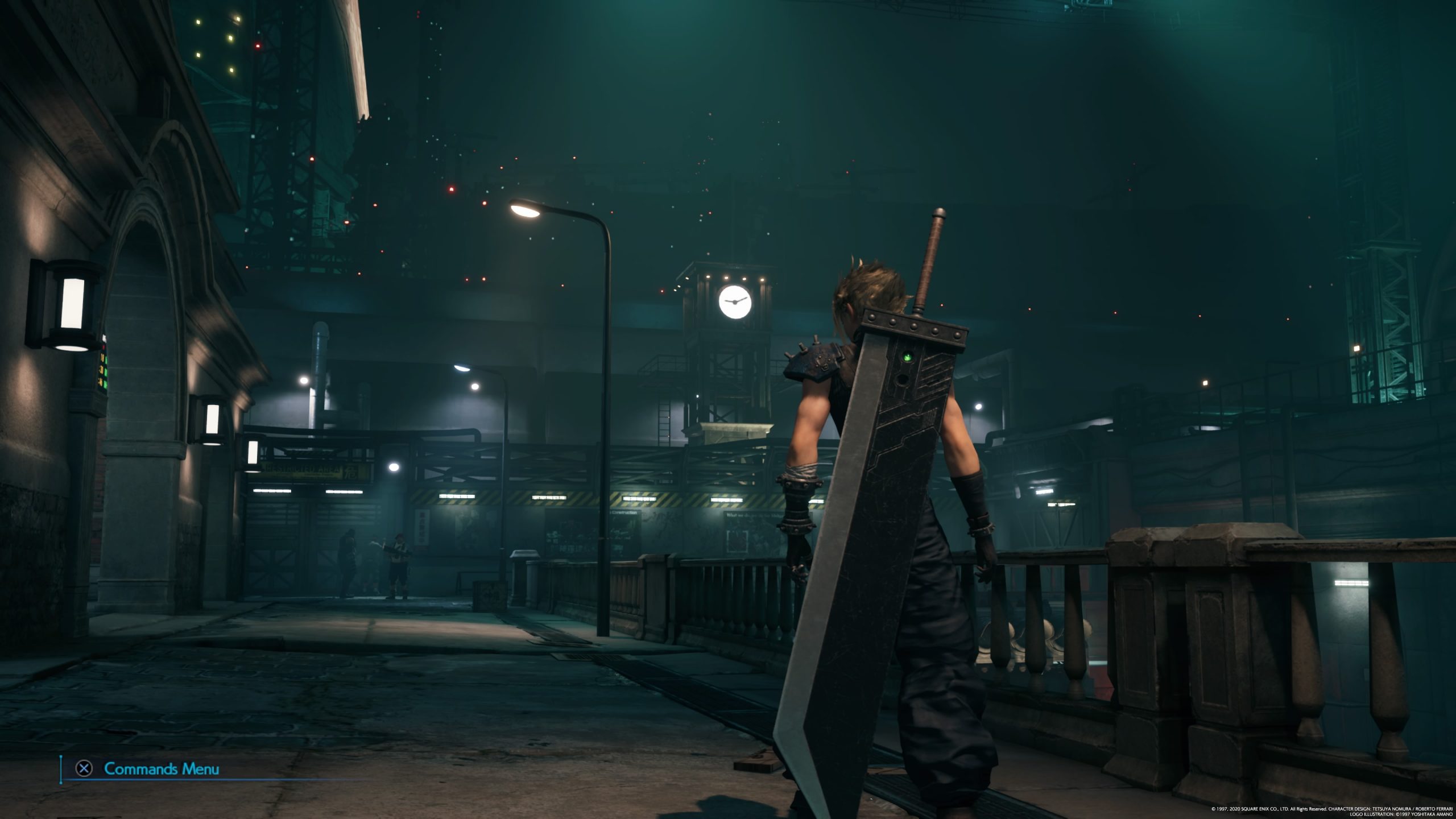
Once long ago, role playing games were the purview of a small niche of a market, and were largely considered to be financially unviable. Fast forward to today, and role playing games represent the single most popular genre of games on the market, to such a ridiculous degree that elements of RPGs pervade and infect every other genre on the market – including former kings of the hill such as shooters or even fighting games.
But this list isn’t about those. This list is very specifically about honoring the best role playing games – true role playing games, as opposed to games with role playing elements – that came out this year. As you might expect, there were a lot of incredible ones. But here are the ones that stand out as among the very best ones.
NOTE: The nominees and winner were decided by an internal vote held among the entire GamingBolt staff.
The Nominees:
Assassin’s Creed Valhalla
Assassin’s Creed had been tending towards role playing game elements for years even before Assassin’s Creed Origins reimagined the franchise as an action RPG back in 2017. However, the vision of the series as an RPG has never once been as clearly distilled and gorgeously well realized as in this year’s Assassin’s Creed Valhalla. This Viking game excises the excess bloat that dragged down Origins and Odyssey, getting rid of a lot of extraneous systems and content that just muddied the water, and streamlining and pulling together everything that remained. The result is a game that’s not small by any means – Valhalla may actually have the most content of any game in the series yet – but one that doesn’t feel bloated, one where every bit of content truly feels as though it belongs, rather than just being put there to pad out the hours players can get from the game. Throw in some of the best combat the series has seen yet, along with some hugely improved writing, a world that is brimming with secrets, and some incredible quests (that rethink how quests in an open world game should be approached in the first place), not to mention one of the best and most meaningful skill trees in recent memory, and you’re left with a title that truly stands out as one of the best RPGs of this year.
Wasteland 3
Wasteland 2 was a bit of a disappointment. It wasn’t bad, just subpar and underwhelming. So people being skeptical about a third game in the series had every right to be – especially when the overtly MCU style quippy tone was revealed in trailers. All doubts were put to the rest when the actual game came out, however, and delivered arguably the best Wasteland game yet. The RPG mechanics are staggeringly deep and nuanced, what seemed to be forced humor is some marvellously dry and uproarious satire, and the world just begs you to engage with it. Really, the only blemish on an otherwise fine experience was the presence of bugs and glitches – though a lot of those have been addressed by now, which means you have very little reason to not give the game a go, if you haven’t already.
Yakuza: Like A Dragon
Taking your flagship game franchise – really, the only game franchise you have that does consistently well critically and commercially – and completely rethinking it as a game that is literally the exact opposite of the kinds of games that previous titles in the series have been known for is a bold move indeed, but Sega’s RGG Studio did just that when they rebooted their brawler franchise Yakuza as… a turn based JRPG. Taking liberal cues from sister franchise Persona, Yakuza: Like a Dragon nonetheless retained the core and spirit of the series, from the charming characters and aesthetic to the surprisingly wholesome stories about crime lords and political drama (don’t ask). Series staples such as incredibly involved and nuanced minigames and great sidequests are all here, while Like a Dragon also sheds baggage by jettisoning the old cast and location, and following a new set of misfits in an entirely new town. The end result is the biggest and best Yakuza game yet, and also, remarkably, one of the best RPGs of the generation. Who would have seen that coming?
Nioh 2
Team Ninja and Koei Tecmo didn’t rock the boat too much with Nioh 2. The sequel to the original Souls-style action RPG is pretty much more of the same, but when “the same” is so good to begin with, you’ll hardly find anyone complaining. Nioh 2 takes everything that was great about the original game, and makes it even better, while adding some new mechanics and twists to the formula of its own. Indeed, if there is any criticism to be leveled at the game, it is only that it doesn’t take this opportunity to address the numerous smaller flaws the original game had – those are still here in this outing, and they feel less forgiveable this time around, given that this is no longer the first attempt by the development team. Don’t let that dissuade you from trying out the game, though – for fans of action RPGs and great combat systems, there is very little out there that’s truly better than Nioh 2.
Demon’s Souls
The original Demon’s Souls is one of the most important games of all time, leading, as it did, to the creation of Dark Souls, and therefore indirectly to the latter’s massive influence on the rest of the industry. The remarkable thing about that game – though this should come as no surprise to anyone considering how incredibly well it was designed, really – is just how well it holds up. In fact, in many regards, such as graphics or polish, Demon’s Souls is far beyond any other Souls style game developed by FromSoft. But neither of those are why one plays these games, and in the parts that really matter – the incredible combat, the mystery and cryptic obtuseness of the world, the fantastic, class leading level design – Demon’s Souls still stands tall, rubbing shoulders with many of its own follow ups, while towering over some other ones. What was one of the best RPGs in 2009 is one of the best RPGs in 2020 too – except now we also have the hindsight to know that it’s one of the best RPGs of all time in general.
Cyberpunk 2077
CD Projekt RED had a massive act to follow with Cyberpunk 2077, following as it does in the footsteps of The Witcher 3, a game many will tell you is the best one ever made. They didn’t help matters by hyping it to the moon and back either. Whether or not Cyberpunk lives up to the insane hype is a question for another time, what cannot be denied is that all else aside, on its own merits, it’s still a great RPG. While some things, such as the much ballyhooed life paths, are disappointing salad dressing, it’s in other areas, such as the quality of the main quests, the massive divergences caused by an incredibly fleshed out choice and consequence mechanic, and the sheer variety in loot and character builds on offer, that makes this game shine. As long as you keep your expectations in check, it’s unlikely that you’ll come away from Cyberpunk 2077 disappointed.
Genshin Impact
One of the most influential games of the last few years was The Legend of Zelda: Breath of the Wild, and this year, we finally got to see the impact it would have on the design of open world games that follow in its footsteps. The biggest one of these was Genshin Impact, a free to play AAA open world RPG production that wears its inspiration on its sleeve. Its arguably the most high quality and best produced free to play game yet, which is even more impressive when you consider just how great it is. The Breath of the Wild influence is clear, and there are clear indications of how this game has been influenced by Nintendo EPD’s 2017 masterpiece everywhere you look. The addition of RPG mechanics even helps Genshin Impact be better than Breath of the Wild in many ways, including immediate combat, as well as a much more immediate story. Genshin Impact would have been one of the best RPGs of the year even if it had been a full priced release; that a game of this quality is available free to play just makes its achievements that much more impressive and mind boggling.
Final Fantasy 7 Remake
While the approach to storytelling and liberties taken with the story of the original game made Final Fantasy 7 Remake fairly controversial among some segments of the Final Fantasy fanbase, the one area where almost everyone agreed it was a triumph was in its merits as a role playing game. Featuring Square Enix’s best battle system in years with the active time battle system (which is a great blend of turn based and real time gameplay), Final Fantasy VII Remake would deserve to be on this list on the basis of that alone. But in addition to that, the game also gives players a lot of leeway in terms of how they choose to build their characters, thanks to its Materia system, as well as systems that let you properly modify your weapons and skills. Even in spite of its failings (such as the inane sidequests or the extremely linear level design), the sheer latitude and agency provided by the character builds and battle system is such that this is a game you can return to multiple times, and get something different out of it each time.
Xenoblade Chronicles Definitive Edition
One of the most celebrated RPGs of all time finally got its chance to reach the mainstream audience it deserves with this year’s Definitive Edition re-release. Other than touched up graphics and a redone soundtrack (though you get the option to swap to the original music should you like), as well as a few QoL improvements, Monolith Soft decided to leave the original game mostly untouched – and that was a great decision, because boy does Xenoblade hold up. The world is still awe inspiring, the story is still epic and arresting, the battle system with all its possibilities is still addictive, and the characters are still a jolly cast of misfits that you want to stick with through to the end. Xenoblade Chronicles is one of the great achievements of the RPG genre – and now, thankfully, more of the world can see that.
Dragon Ball Z Kakarot
Not many people know this, but the Dragon Ball Z saga actually got adapted into a series of great action RPGs on the Gameboy Advance in the guise of The Legacy of Goku trilogy. While the original game in that bunch was very disappointing, The Legacy of Goku 2 and Buu’s Fury are the games that series is remembered for. The prospect of a brand new Dragon Ball Z RPG was exciting to many who had played those games – and Kakarot largely delivers. While it feels unfortunately half-baked in a lot of regards, on the whole, it does the job and gives players Goku’s story in RPG format. As an RPG, it’s good. As a Dragon Ball game, it’s good. Given how often we get misfires in both those categories, Kakarot already stands out, thanks to its battles, open world, and faithfulness to the source material.
Kingdoms of Amalur: Rereckoning
The original Kingdoms of Amalur: Recknoning never quite lived up to its potential, so in a way, it’s disappointing that this hilariously named re-release was so conservative, retaining the original game almost entirely as is. That said, the original game was still a pretty good RPG, so it should come as almost no surprise to anyone that this re-release is too. While there are definitely parts of it that are dated now – meaning this is actually a weaker release this year than the original was when it came out – on the whole, it’s still a pretty great time for anyone looking for a dash of classic high fantasy questing. Hopefully the sequel will finally let this IP reach the heights it feels destined to reach.
CrossCode
Indie games now stand side by side with full fledged AAA productions, and CrossCode proves that amply. It’s a great action RPG that is every bit as great as just about any other RPG of the year, and its sci-fi setting, sharp writing, and Zelda-style emphasis on puzzles actually help it stand out a bit in a very crowded genre. The fact that this is a crowdfunded game that ended up not disappointing – a definite deviation from the norm – only makes its success feel that much sweeter. If you’re in the mood for a fast-paced RPG with some charming characters and retro action adventure style sensibilities, CrossCode is the game for you. And if you’re not, well, you still should check it out. It’s really great, and chances are you’ll like it a lot.
Persona 5 Royal
Persona 5 Royal is the ultimate form of the JRPG, and one of the best and most perfect games ever made. Taking the original Persona 5 (which was already a damn good game), sanding off its rough edges and flaws, bolstering its strengths, rethinking content and mechanics from the ground up, and adding much in the way of new content and mechanics that it gets entirely right the first time around, while keeping the incredible sense of style and fantastic music that made the original game so beloved to begin with, Persona 5 Royal is without a doubt one of the top releases of the generation. If anything dulls its impact, it’s that its achievements are built on top of an existing, admittedly already great game – but even players who spent hundreds of hours on the original title (which was basically necessary if you were to finish it) will find themselves falling in love with Persona 5 all over again when they play Royal. And those that never played the original? They are in for a treat with arguably the best game ever made.
THE WINNER
Final Fantasy VII Remake
Persona 5 Royal is an incredible game, but as mentioned, it is ultimately a re-release that shines up an existing game. Final Fantasy VII Remake wins this by virtue of being something entirely new (in spite of what its name might suggest), and on the basis of its sheer audacity and ambition, which introduce some of the best RPG systems and mechanics we have seen in a very long time. That the game manages to stand out so much even in spite of its many shortcomings – narrative and mechanical – is ultimately all the testament and proof you need of just how good it is at what it does. It is not exaggeration to say that VII Remake is the best Final Fantasy single player game we have had in a very long time – and similarly, it makes us excited for the future of this franchise too, also for the first time in a very, very long time. We can’t wait to see where Square Enix takes the Final Fantasy VII story next, now that it’s been blown wide open.








